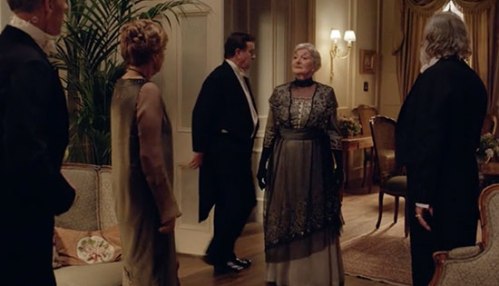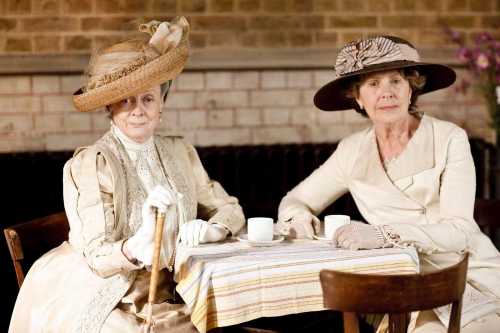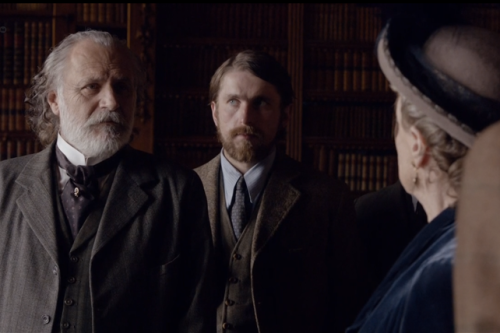One of my friends tells me they try not to go out in public anymore. It’s just too difficult to deal with the human race, they say.
Of late I have been tempted to agree with them. It seems almost every day I am running into uncivilized people. What is really bothersome is that many of these obnoxious people are working for companies in jobs where they have to encounter others.
For instance, the other day I was with a friend who was walking their dogs. What normally should have been a nice Sunday afternoon in great weather turned into an hellacious experience.
We were aiming to get a good view of a palatial looking facility on a hill in our area. To do so, we sauntered onto a huge unfenced parking lot of an empty office building.
As we talked and strolled through the lot, a car pulled up near some bushes. A uniformed man got out and ranted at us. What he said was unintelligible.
I told the fellow that we were just out for a walk and he was “mean”. He said he was going to call the cops.
I asked him where it was posted that we were not supposed to be walking there. He pointed down the lot. Later, we found a sign that about the size of a small television screen that read “private property.”
As the conversation escalated I asked for the man’s badge number and the name of his supervisor. He got in his car and drove away.
A couple of days later my friend and I were together when we once again faced off with unruly persons playing the role of petty dictators. This time we were at a COSTCO, the huge retail outlet.
My pal was trying to return an item they had bought for their mother that didn’t fit. Apparently we violated some store rule as to how that return process was supposed to go because a young woman screamed at us as we entered. Another one at the exit also began to talk to us in a rude manner.
As we finally ended up at the return desk, another woman began to tell us that we should do so and so just as so and so had “instructed us”. My friend immediately interjected that no such instructions had been given. (At least this person said “sorry”.)
Finally, as we began to leave, the same employee in charge of the exit, a tall middle-aged woman with a gruff voice and manner, yelled at my friend that they needed to show a receipt and that they had butted in line at the exit. This made no sense inasmuch as we had encountered this woman previously and she knew full well what we were doing.
This last bomb was enough for us. My friend told the woman she was rude. I stood there like a madman demanding a manager.
I was prompted to do this because earlier, we had been in a line with a very nice man who we had told our experiences to. He asked us if we wanted to talk to a manager. We told him “no” as we were leaving.
We walked back into the store hunting for a manager and finally found one, a respectable fellow who listened to our beef. I reminded him that “this is not the military”, that up front employees were rude, and that as customers we should not be treated this way.
He concurred and said he would talk to the people involved. I asked him to escort us out because I did not want another altercation with “that woman”.
I wish these situations were unusual but I am sad to say that they are not. For example, I tend to run into employees at Starbucks now who are at best “cold” and at times overbearing.
This store, which has deemed itself “the third place”, a respite from home and office, has turned into a shop I would just as not go to anymore. It’s too bad because at one time you could expect good service and coffee at Starbucks.
Is it too much to ask that there be creamer available? Almost every time I go to any Starbucks now, I have to ask for it. The containers are empty.
I once complained to an employee about there not being any creamer and she brusquely made some excuse. I believe I was cordial, but she certainly wasn’t.
I have been trying to analyze why, in a country which one valued top notch customer service and respectful behavior from employees, that things have changed.
I have been mulling over such reasons as a turning away from God, the breakdown of the family, a shrill media and immoral entertainment available on the Internet and television. I have no answers.
In teaching the biblical book of I Chronicles, J. Vernon McGee noted that the text was a view of the people of ancient Israel from God’s perspective. It tells what God thinks, not man.
For instance, according to McGee, most people well tell you King David’s greatest sin was his affair with Bathsheba. He fathered a child with this married woman and had her husband killed.
But I Chronicles explains that from God’s viewpoint, the greatest transgression David committed was taking a census. God had forbidden this.
David’s action was a sign of unbelief. He severely punished the nation of Israel because of its king’s action.
When I search for the reasons for the ill treatment of people towards others today, I can only look to God and say “only You know.” God also has the solution.
McGee said that God was merciful to the people of Israel despite their continual turning from Him and their sinful behavior.
I can only hope and pray He will be merciful to an increasingly toxic America.



